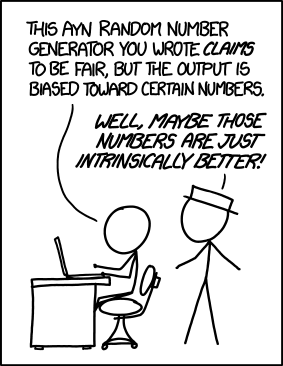This is a repost of an linkspam I created in 2015. So naturally, all the links come from 2015 or earlier. I’ve removed a few broken links, and added some contextualizing commentary at the bottom.
One of the most common complaints by social justice activists about social justice activism is that there’s a lot of toxicity. Whenever an activist makes a misstep, other activists will “call out” that person, sometimes directing a disproportionate amount of anger and abuse at them. This pattern is often (but not always) referred to as “call-out culture”.
For a while, I’ve been collecting a lot of articles and blog posts which critique call-out culture from an internal view point. My main motivation is that I would like to write about the topic myself, and I’d like my ideas to be responsive to what has already been said.

